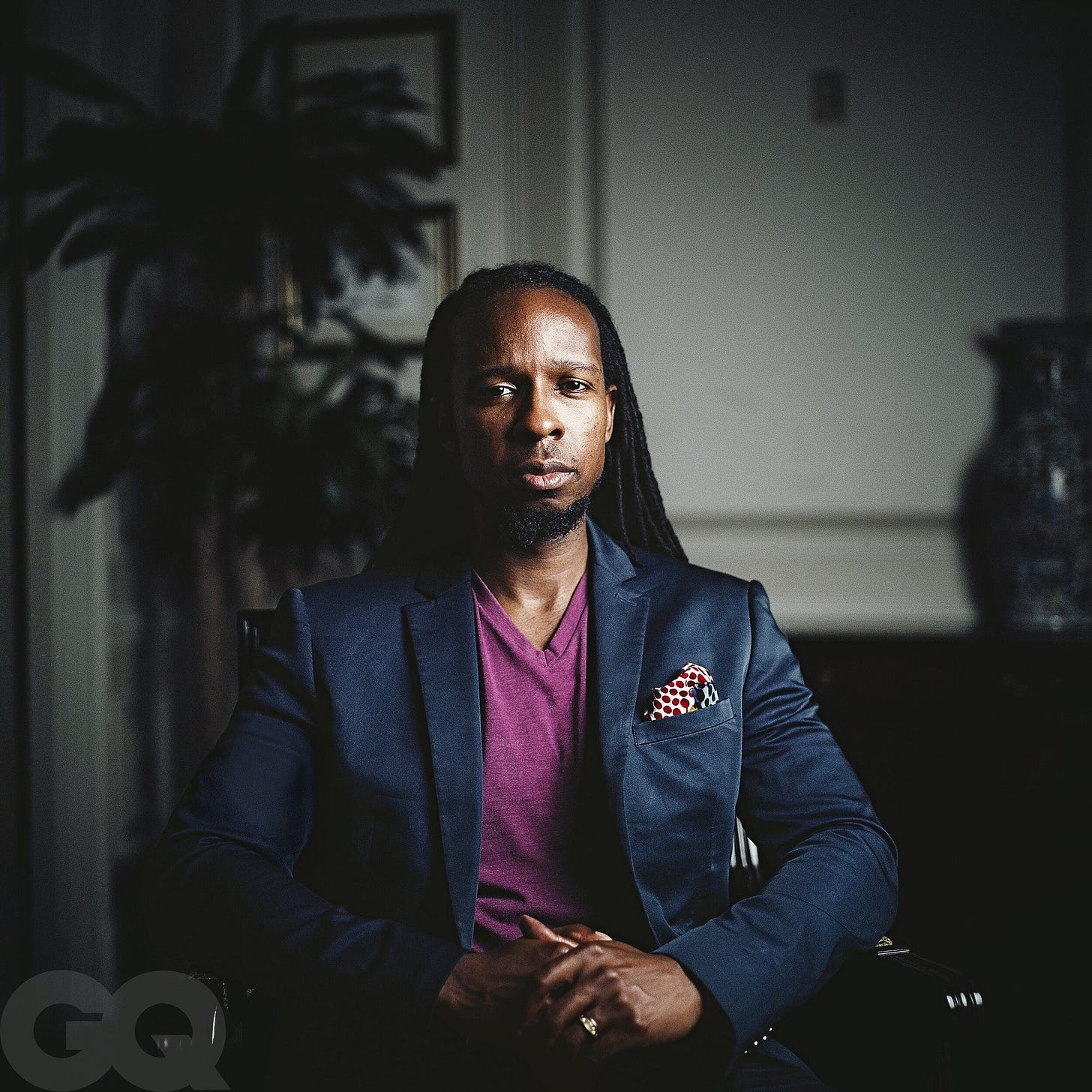Unflinching Lens, Unwavering Voice
Dr. Ibram X. Kendi
Dr. Ibram X. Kendi is a distinguished historian, scholar, and author celebrated for his profound insights into race, racism, and anti-racism in America. Born on August 13, 1982, in New York City, Kendi has emerged as a leading voice in the ongoing quest for racial justice and equality.
His academic journey commenced at Florida Agricultural and Mechanical University, where he earned his undergraduate degree in journalism, followed by a master's degree in African American Studies from Temple University. Kendi later earned his Ph.D. in African American Studies from Temple University, solidifying his expertise in the field.
Throughout his illustrious career, Kendi has held esteemed academic positions, including professorships at SUNY Oneonta, American University, and Boston University, where he serves as the Andrew W. Mellon Professor in the Humanities.
Kendi's groundbreaking work "Stamped from the Beginning: The Definitive History of Racist Ideas in America" garnered widespread acclaim, earning him the esteemed National Book Award for Nonfiction in 2016. The book meticulously traces the evolution of racist ideas in America and their profound impact on the nation's policies, institutions, and societal fabric.
In 2019, Kendi further solidified his influence with the release of "How to Be an Antiracist," a seminal work challenging readers to actively combat racism by identifying and dismantling racist policies and ideologies. The book swiftly soared to bestseller status, sparking vital conversations about individual responsibility in the fight against racism.
Beyond his literary contributions, Kendi is renowned as a sought-after speaker and commentator, offering incisive analyses on race and social justice in various media outlets and public platforms. His impactful insights have garnered him accolades and recognition, including being named one of Time magazine's 100 Most Influential People in 2020.
Kendi's enduring influence extends beyond academia, inspiring individuals and organizations alike to engage in meaningful dialogues about race and to take tangible actions to promote equity and justice. His tireless advocacy for antiracist policies and practices continues to shape the national discourse, leaving an indelible mark on society.


